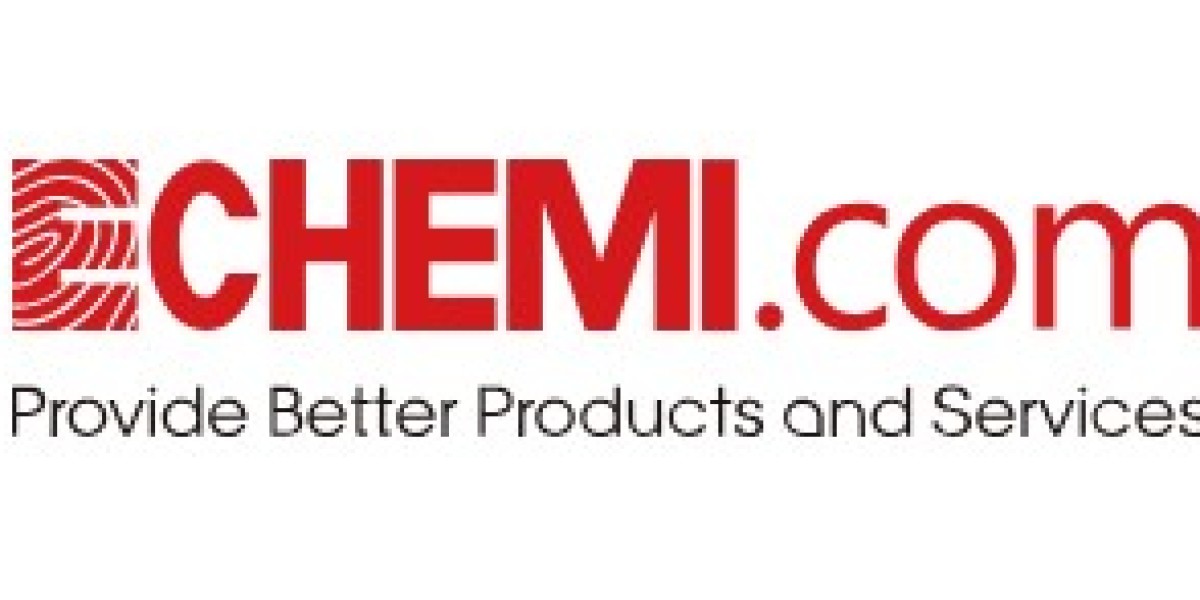Chemical companies often employ market segmentation strategies to effectively target and cater to diverse customer needs within the chemical industry. Market segmentation involves dividing the market into distinct groups based on factors such as customer preferences, behaviors, demographics, and buying patterns. By segmenting the market, chemical companies can tailor their products, services, and marketing efforts to meet the specific requirements of different customer segments, thereby maximizing customer satisfaction and enhancing business performance.
Key Aspects of Market Segmentation for Chemical Companies:
Customer Differentiation: Market segmentation allows chemical companies to differentiate between various customer groups with unique characteristics and requirements. By understanding the distinct needs of different market segments, companies can develop targeted strategies to address specific customer demands effectively.
Product Customization: Segmentation enables chemical companies to customize their products and services to align with the preferences and expectations of different market segments. Tailoring offerings to suit the specific requirements of each segment enhances product relevance and boosts customer engagement.
Marketing Effectiveness: Segmenting the market helps chemical companies design focused marketing campaigns that resonate with specific customer groups. By delivering targeted messages through appropriate channels, companies can increase the effectiveness of their marketing efforts and drive customer acquisition and retention.
Competitive Advantage: Effective market segmentation can provide chemical companies with a competitive edge by allowing them to position their products uniquely within different market segments. By understanding the needs and behaviors of customers in each segment, companies can develop compelling value propositions that set them apart from competitors.
Market Expansion: Through market segmentation, chemical companies can identify new opportunities for growth and expansion within different segments of the market. By targeting under-served or emerging segments, companies can diversify their customer base and capitalize on untapped market potential.
Benefits of Market Segmentation for Chemical Companies:
Enhanced Customer Understanding: Market segmentation enables chemical companies to gain a deeper understanding of their customers' preferences, buying behaviors, and needs, facilitating more targeted and personalized interactions with clients.
Improved Product Development: By segmenting the market, chemical companies can gather insights that inform product development processes, leading to the creation of innovative solutions that resonate with specific customer segments and drive product differentiation.
Optimized Resource Allocation: Segmenting the market allows chemical companies to allocate resources more efficiently by focusing investments on high-potential market segments that offer the greatest return on investment.
Increased Customer Satisfaction: Tailoring products and services to the needs of different market segments enhances customer satisfaction and loyalty, as customers feel that their specific requirements are being met effectively.
Strategic Decision-Making: Market segmentation provides valuable data and insights that support strategic decision-making within chemical companies, helping them adapt to market dynamics, identify growth opportunities, and stay ahead of competitors in a rapidly evolving industry.
In conclusion, market segmentation plays a crucial role in helping chemical companies understand their customers, tailor their offerings, drive marketing effectiveness, gain a competitive advantage, and achieve sustainable growth in the dynamic and competitive chemical industry landscape.







